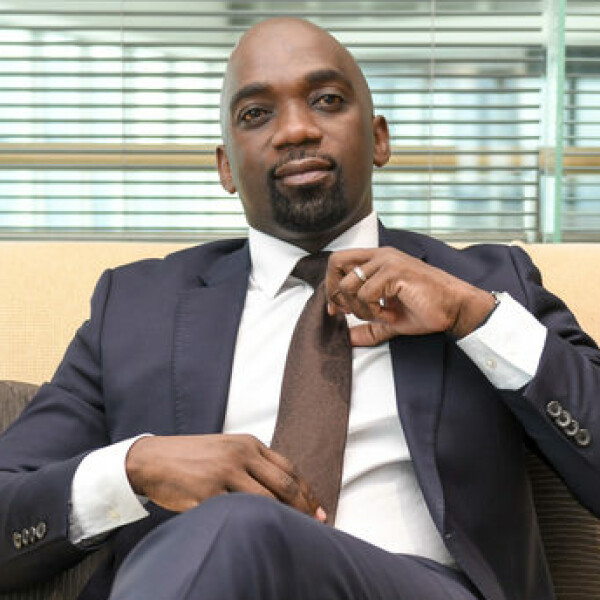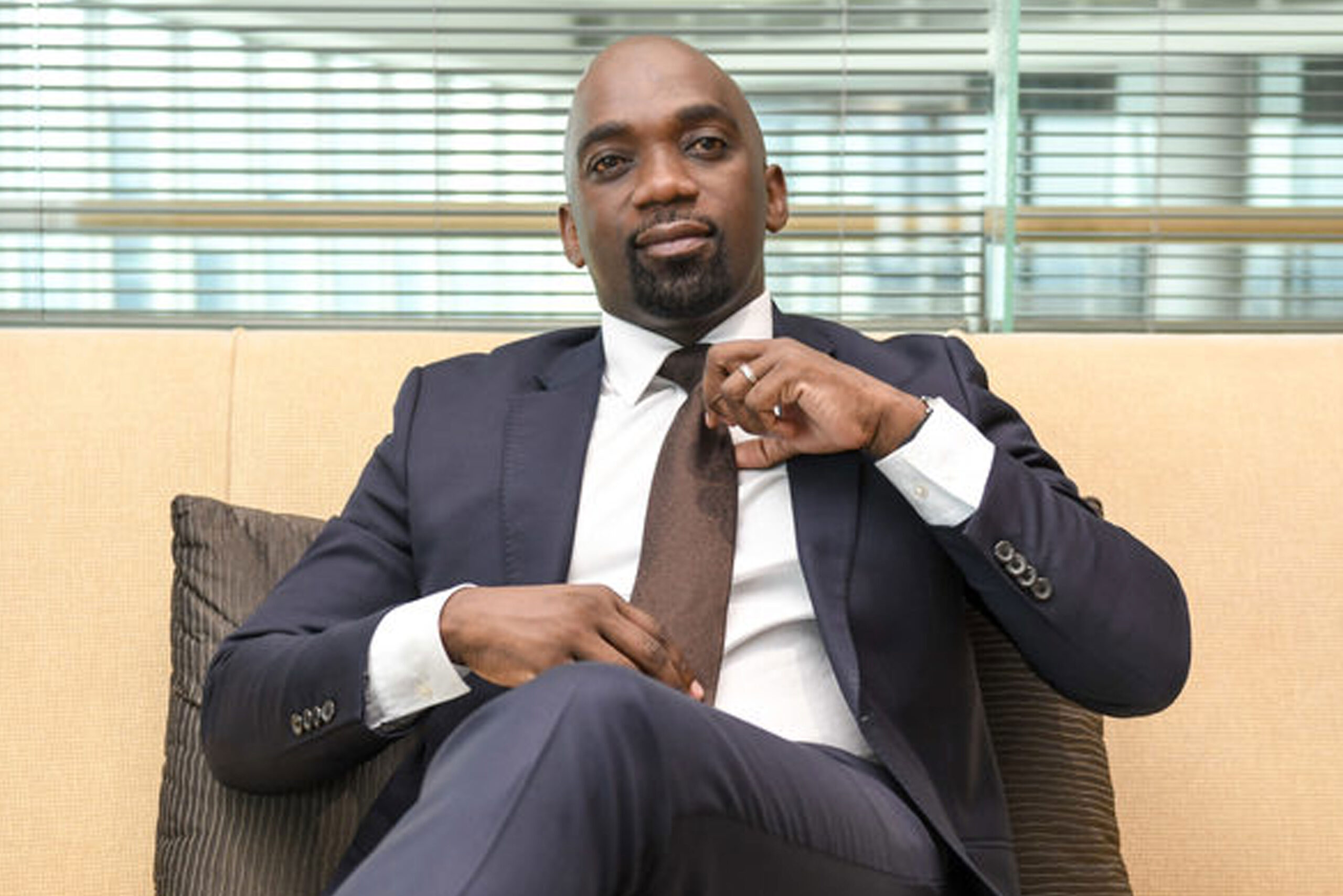Today at 17:12
Industry News

What makes a company an employer of choice
6 February 2023: In January this year the country’s leading provider of innovative vehicle and asset solutions celebrated its sixth year of being awarded the Top Employer® in South Africa certification. Being certified as a Top Employer showcases an organisation’s dedication to a better world of work and exhibits this through excellent HR policies and people practices. WesBank certainly walks the talk in all these departments.
Donald Khumalo, human capital executive at WesBank, outlines what defines a top employer. “A top employer should be characterised by the practices and principles that are incorporated into how the organisation operates that are both inward- and outward-looking. These span issues around diversity, equity and inclusion, shared prosperity, sound employer/employee practices, employee wellbeing and innovation.
“We focus on a futurist lens to the world of work. This encompasses progressive standards to create growth and development opportunities for employees within the organisation, together with potential recruits who aspire to work for a recognised top employer in South Africa.”
It is WesBank’s HR best practices that set the organisation apart. Establishing a sound employee development platform allows for fair and transparent participation and enables career growth through exposure, succession, a mentorship programme and opportunities across divisions. The organisation’s promises govern the way everyone interacts, behaves and holds each other accountable in the workplace, ensuring a sound framework for employee engagement and communication.
Regular internal surveys and audits take place to gauge the overall mood of the organisation and inform any changes or shifts that need to happen within the workplace. One such survey is the FirstRand Organisational Assessment that gives a voice to employees and takes their feedback into consideration when designing or updating policies, procedures and processes to benefit both employees and the organisation. In recent times, feedback from these surveys has led to improvements in paternity leave, leave commutation and staff benefits through the EVP (employee value proposition).
As with all companies and organisations across South Africa, the COVID-19 pandemic and resultant lockdown restrictions impacted the workplace. Now that employees have started returning to the office, Khumalo believes some lockdown work habits are still relevant.
“One thing that has worked in our favour since lockdown has been the ability to communicate with larger numbers of employees at once through platforms such as MS Teams. In the past, geographical and venue constraints would limit our ability to address multiple groups of employees within the company for events such as major groupwide announcements or new product launches.
“Now we can disseminate information and interact with various levels within the organisation on one platform simultaneously. This has also realised a marked improvement in interactive, two-way communication and conversation between employer and employees.
“And, of course, we have also noticed an improvement in the agility and speed of delivery of work. This has been enabled, among other factors, by working from home without the daily disruptions and frustrations of sitting in traffic for hours just to get to and from the workplace. This time is now being used more productively and we have noticed a faster turnaround time with the workflow and deliverables.”
The world of work has changed significantly, due in part to the COVID-19 pandemic, notes Khumalo. He believes that organisations are no longer looking for traditional job roles as part of their offering to their customers – and this is impacting young graduates looking to enter the workplace.
“The digital demand means graduates must relook and rethink the disciplines and fields of study in which to engage. If they are considering employment within the financial or banking sectors, they need to invest time in researching what the future of banking entails and align their skillsets accordingly. More and more graduates are finding it difficult to enter the corporate world because their qualifications are not appealing to the futurist nature and demand that organisations such as ours have embraced.”
To bridge this gap, and to reskill and upskill employees to prepare them for the workforce of the future, WesBank has launched the Group’s FutureFit Lab. Its aim is to empower employees with the relevant skills to function in this fast-changing business landscape. “We continuously review key critical capabilities to develop a framework to enable our employees to become ‘FutureFit’, through repurposing their current skills and capabilities. The programme is a robust development journey involving practical work-based learning, coaching and mentorship.”
It is important for all staff to have the necessary skills to drive the strategy towards becoming a digital bank by 2025. Digital platforms and the digitalisation of operations are some of the key strategies that have gained momentum over the past few years. As such, talent development programmes are being implemented to carve careers such as solutions architects, data scientists, programme developers and security analysts – job skills that in the past would not have taken centre stage within the organisation.
Like many organisations, WesBank has embraced the hybrid work model and set about the implementation of policies to guide how this would be integrated into the future way of working. The company recognised that staff fulfilling roles that did not require customer engagement could continue working effectively and efficiently from anywhere, using the well-established principles of a groupwide programme called ‘Productive Me’.
“The ‘Productive Me’ programme seeks to align physical workspaces with some of the principles of digitisation and agility to meet the evolving needs of both our customers and employees. This entails more than just remodeling our physical office spaces. The programme includes a focus on improving the EVP, the design, security and reservation systems, the right tools of the trade to fulfill our tasks, and actual real estate savings to create a functional work environment that sees the evolution of traditional offices into highly flexible and agile digital workplaces,” says Khumalo.
WesBank has worked hard in ensuring that the above principles are harnessed and form part of everything the company does.
“We aim to have a transformed workforce that represents our rich and diverse South African culture. It is for this reason, and many others, that WesBank has been awarded the Top Employer® certification for six successive years. We strive to be an employer of choice that constantly delivers excellence in all areas of the business to better the experiences of our customers, who are at the centre of everything we do,” concludes Khumalo.
– ENDS –











